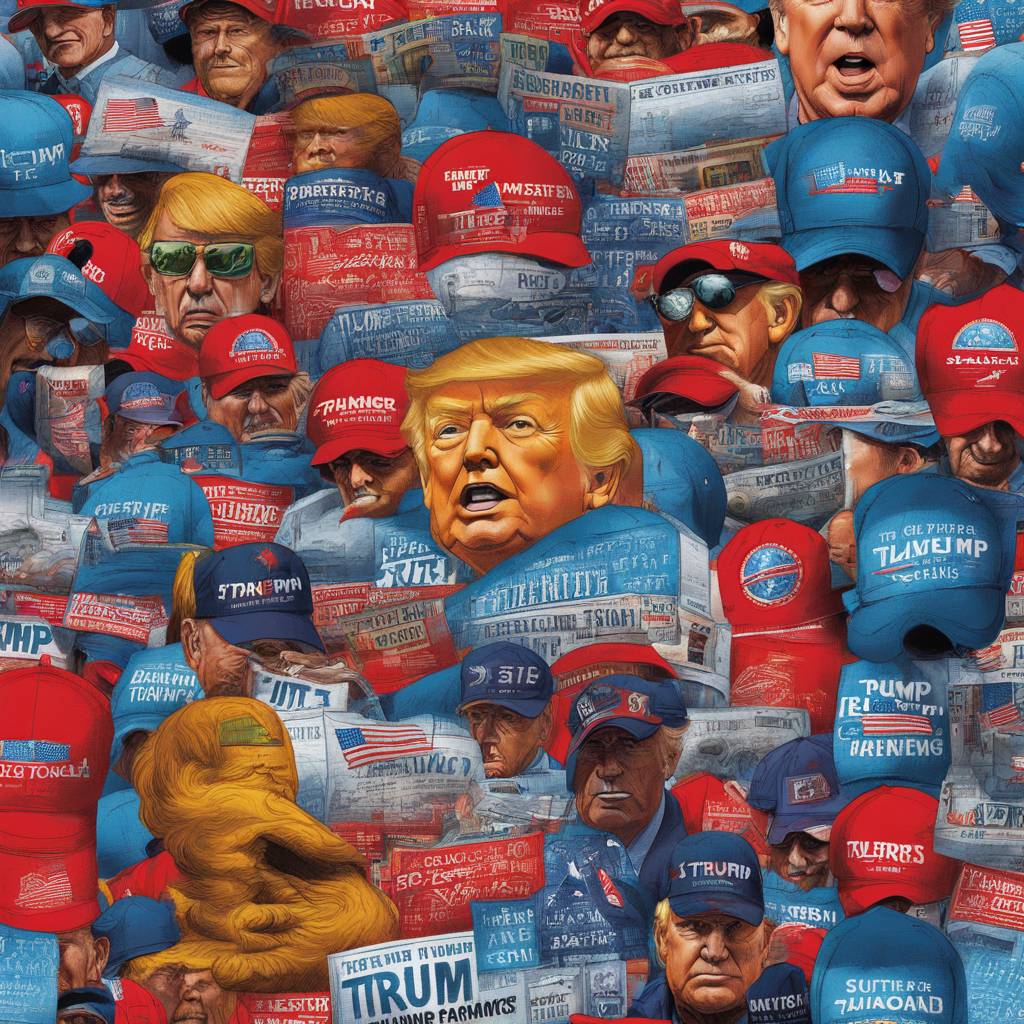A newly public company, trading on the Nasdaq under the ticker “DJT,” is dominated by former US President Donald Trump as the majority shareholder. Despite being a fledgling and unprofitable social media platform, this company has the potential to make billions for Trump, albeit unrealized until the company’s board grants permission for him to sell or borrow against his shares. This windfall could help Trump meet financial obligations like posting a reduced $175 million bond for civil tax fraud charges, which have currently been paused.
The company’s financials paint a less than rosy picture, with minimal revenue and significant losses. Trump Media generated only $3.4 million in revenue during the first nine months of the year, with a $49 million loss over that timeframe. Truth Social, the company’s main asset, has fewer monthly active users compared to other major social media platforms and is shedding users at a faster pace. This weak financial performance raises caution for potential investors considering the company.
Comparisons have been drawn to Trump’s previous experience with taking a public company, as his casino company under the ticker DJT went bankrupt and was delisted in the past. Despite these concerns, a potential bubble seems to be forming around the newly public Trump Media & Technology Group, with investors likening it to meme stocks like GameStop and AMC, which skyrocketed due to retail investor interest surpassing the companies’ fundamentals. Trump’s institutional investor, Susquehanna International Group, raises further questions about potential influences on the company.
The possibility of foreign wealth funds acquiring significant amounts of DJT stock could have implications for Trump’s personal wealth, as the company’s value is largely tied to the Trump brand. If Trump were to win the presidency again, the scenario could present concerns over ethical conflicts, as seen during his prior term when foreign companies used his hotel in violation of the Emoluments Clause. The public nature of the company could further complicate ethical considerations regarding potential conflicts of interest for Trump.
Current laws limit investments for all executive branch employees except for the president, creating potential loopholes for conflicts of interest. Trump’s past handling of conflicts of interest during his presidency and his ties to a publicly traded company could exacerbate concerns about ethical violations and profiting from his position in office. The inherent relationship between Trump’s wealth and his name, as well as the involvement of investors in his company, raise ethical red flags that need to be addressed and scrutinized to mitigate any potential conflicts in the future.













